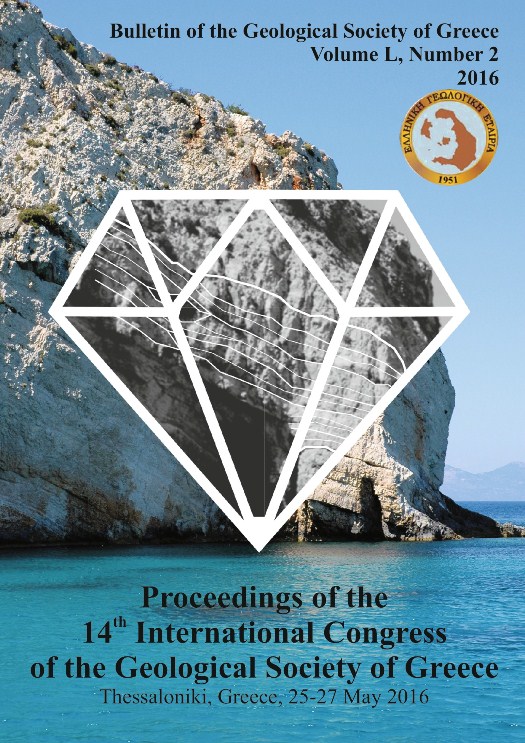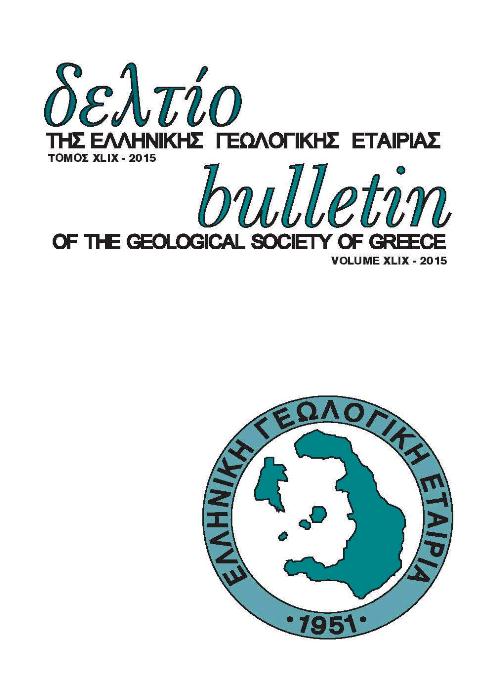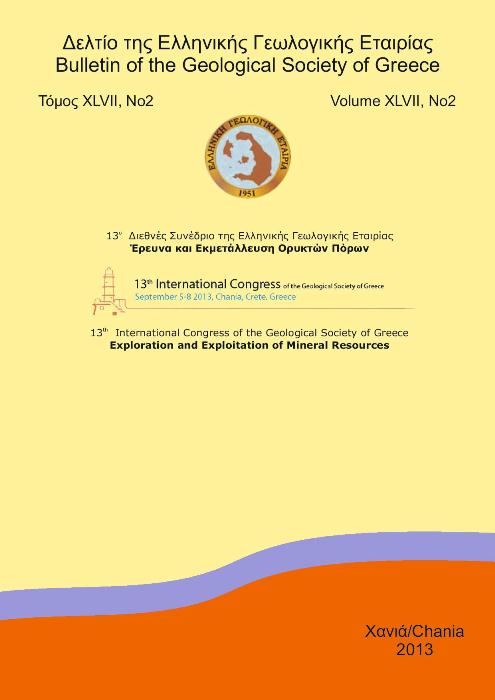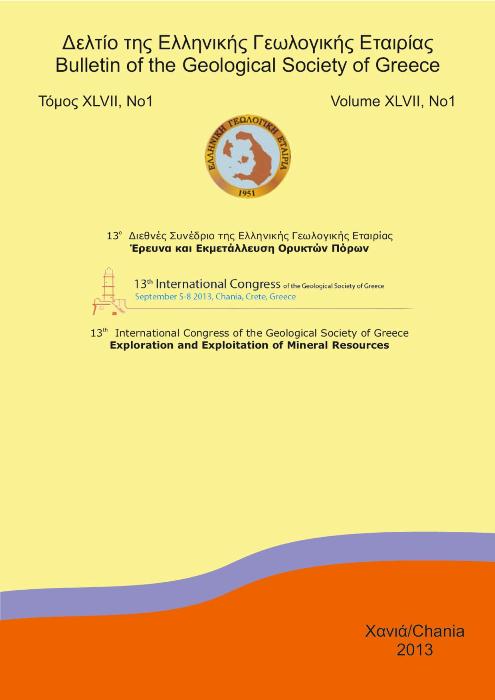OVEREXPLOITATION OF GROUNDWATER RESOURCES IN THE COASTAL AQUIFER SYSTEM OF ARGOLIS
Résumé
Intense abstraction of groundwater resources in the coastal aquifer system of Argolis is investigated since the late 1950’s. The increasing water demands due to the agricultural development of the area (mainly citrus trees) during the last years, in combination with the touristic growth, has led to the overexploitation of groundwater resources of the coastal aquifer system of Argolis. This paper presents the piezometric conditions in the plain of Argos during the period between 1986 and 2014, analysing the fluctuations of groundwater levels and highlighting the problem of seawater intrusion in the study area. In October 2014, measurements were made in app. 160 wells and drills which are located within the boundaries of the granular aquifer of the study area. Selected piezometric maps are presented, which demonstrate the problem of overexploitation of groundwater in the plain of Argos.
Article Details
- Comment citer
-
Mitropapas, A., Koumantakis, I., Vasileiou, E., Perdikaki, M., & Kallioras, A. (2016). OVEREXPLOITATION OF GROUNDWATER RESOURCES IN THE COASTAL AQUIFER SYSTEM OF ARGOLIS. Bulletin of the Geological Society of Greece, 50(2), 865–873. https://doi.org/10.12681/bgsg.11792
- Rubrique
- Engineering Geology, Hydrogeology, Urban Geology

Ce travail est disponible sous licence Creative Commons Attribution - Pas d’Utilisation Commerciale 4.0 International.
Authors who publish with this journal agree to the following terms:
Authors retain copyright and grant the journal right of first publication with the work simultaneously licensed under a Creative Commons Attribution Non-Commercial License that allows others to share the work with an acknowledgement of the work's authorship and initial publication in this journal.
Authors are able to enter into separate, additional contractual arrangements for the non-exclusive distribution of the journal's published version of the work (e.g. post it to an institutional repository or publish it in a book), with an acknowledgement of its initial publication in this journal. Authors are permitted and encouraged to post their work online (preferably in institutional repositories or on their website) prior to and during the submission process, as it can lead to productive exchanges, as well as earlier and greater citation of published work.







